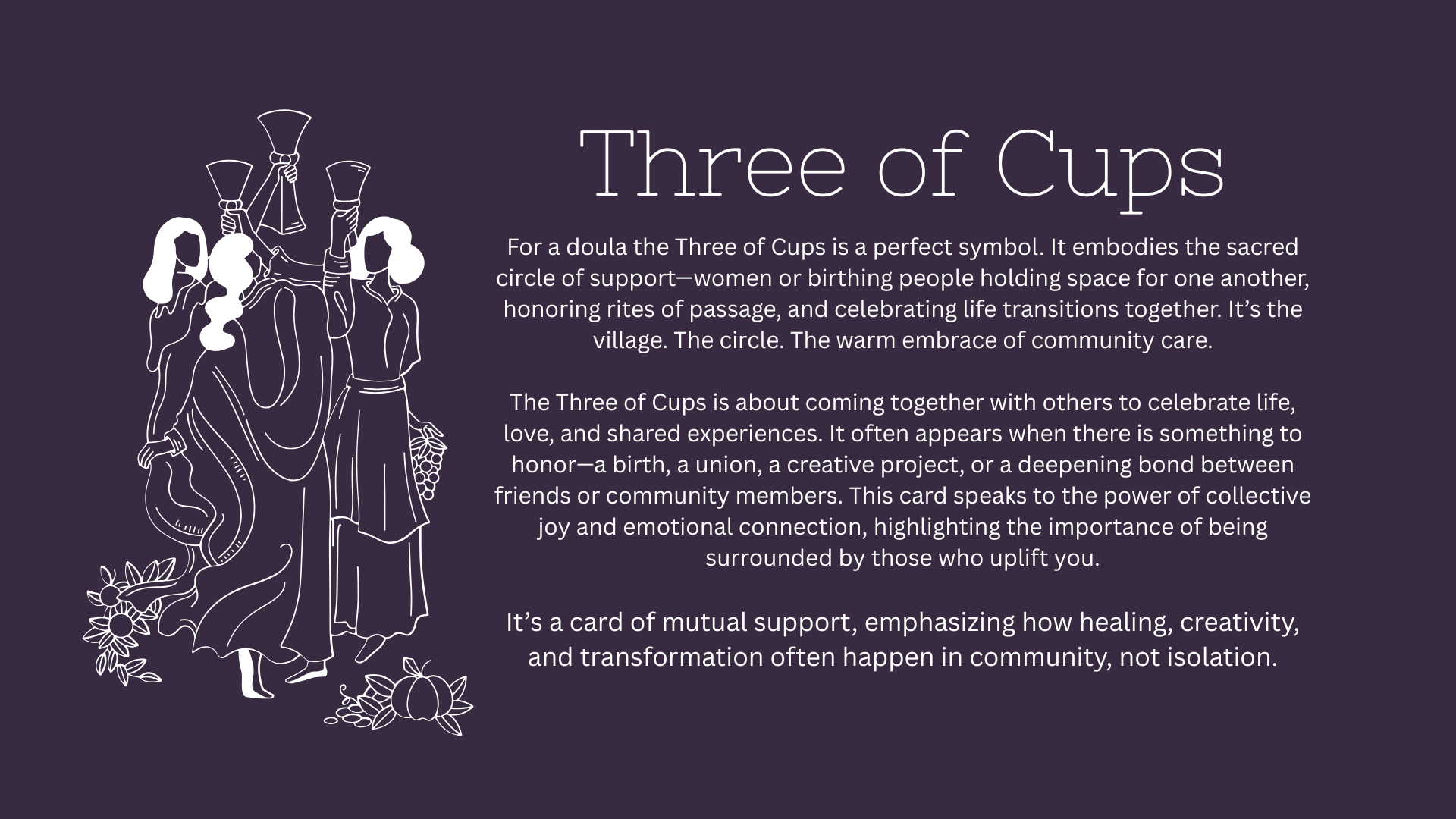
It takes a village.
The tradition of postpartum care is as old as humanity itself. Across cultures and generations, new mothers have always been supported by a community of women—grandmothers, aunts, sisters, and neighbors who stepped in after birth to nurture both the mother and her newborn. In many traditional societies, this period of care was considered essential, often marked by practices such as “lying-in” or a sacred window of rest, nourishment, and bonding.
As modern life shifted toward individual households and busy lifestyles, many families became more isolated from these communal traditions. The wisdom and hands-on support once passed down through generations became harder to access, leaving new parents to navigate recovery and newborn care largely on their own.
In the late 20th century, the doula movement began to reawaken these traditions. The word doula, derived from the Greek word meaning “a woman who serves,” was first used in the 1970s to describe women offering continuous support during childbirth. Over time, the role expanded to include the postpartum period, recognizing that recovery and adjustment after birth are just as important as the birth itself. Postpartum doulas began to bridge the gap between ancient communal care and the realities of modern family life.

Because when parents are cared for, babies thrive
The early weeks after birth are tender and transformative. You’re healing, learning your baby’s cues, adjusting to new rhythms, and discovering your new role as a parent. It can be beautiful—and it can also feel overwhelming.
A postpartum doula walks alongside you through this time, offering both practical and emotional support. This may look like preparing nourishing meals, guiding you through newborn care, helping with feeding, giving you a chance to rest, or simply listening and holding space for your feelings. Every family’s needs are unique, and a doula’s role is to gently meet you where you are.
When families receive postpartum doula care, they often feel more confident, more rested, and more connected as they settle into life with their new baby. This support isn’t about “doing it for you”—it’s about empowering you, nurturing you, and making sure you don’t have to walk this path alone.
Studies have shown that families who receive postpartum doula support experience:
Increased confidence in caring for their newborn
Improved breastfeeding success
Lower rates of postpartum mood disorders
A smoother family transition during the early weeks and months

